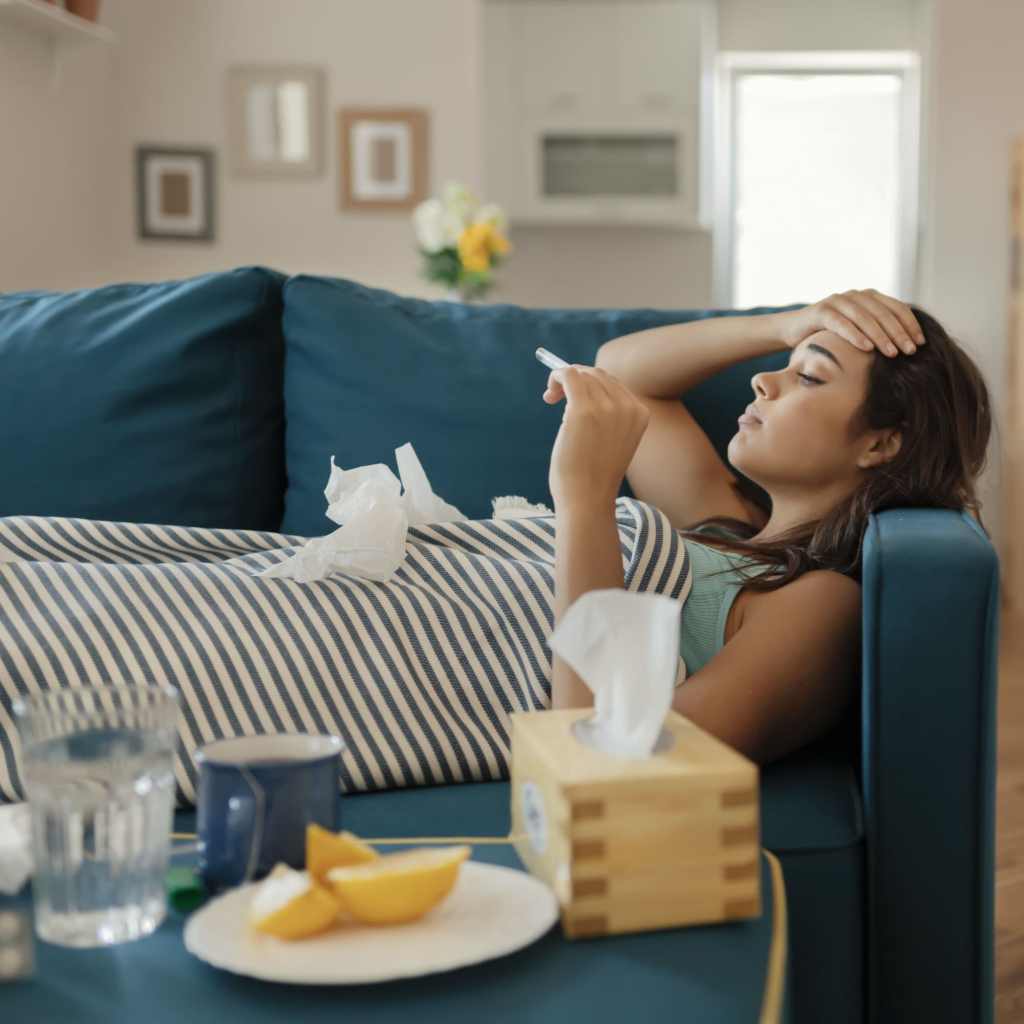Fever, coughing, and shortness of breath are all symptoms of COVID-19, according to the Centers For Disease Control and Prevention (CDC). Some people may begin to experience symptoms around day two if they have the virus, but it can take up to 14 days to begin exhibiting symptoms, and some may never experience any symptoms at all and still be infected.
Chills, muscle pain, headache, sore throat, a new loss of taste or smell, and repeated shaking with chills were recently confirmed as symptoms of the virus, but only if at least two of them are experienced together, according to the CDC. Because this is a new virus and research is in an infancy stage, this list is not comprehensive. If you or a loved one are experiencing symptoms that are concerning or severe, please consult your medical provider.
Related: If We Get a Second Wave of Coronavirus, Here’s When to Expect It – and How to Stay Safe
If you believe that you are infected with the coronavirus, you should stay home from work, school, and other public places. Isolate yourself from pets and the other members of your household, if possible, by staying in a separate room and using a separate bathroom, if available. The CDC advises using a cloth face covering if you have to be around others in your home. If you do have to go out to receive medical care, it’s advised that you avoid taking public transportation and using car services. Once you are without fever for 72 hours, without the use of medicine that reduces fevers, your other symptoms have improved, and it’s been at least seven days since you first experienced symptoms, the CDC says it is safe to leave your “sick room.” Here’s more information on how to care for yourself at home if you do become infected.
In the event that your symptoms worsen, it’s advised that you consult a medical professional via the phone or through a telemedicine service before going to the emergency room or the hospital. If you have trouble breathing, persistent pain or pressure in your chest, new confusion or the inability to arouse, or bluish lips, the CDC advises seeking medical attention immediately.
If you aren’t showing signs of the virus, be sure to continue to practice safety measures like wearing a mask or cloth to cover your mouth and nose when in public, washing your hands with soap for 20 seconds, covering your coughs and sneezes in your elbow, and disinfecting high-touch surfaces like doorknobs, keys, toilets, and faucets daily.
POPSUGAR aims to give you the most accurate and up-to-date information about the coronavirus, but details and recommendations about this pandemic may have changed since publication. For the latest information on COVID-19, please check out resources from the WHO, CDC, and local public health departments.

